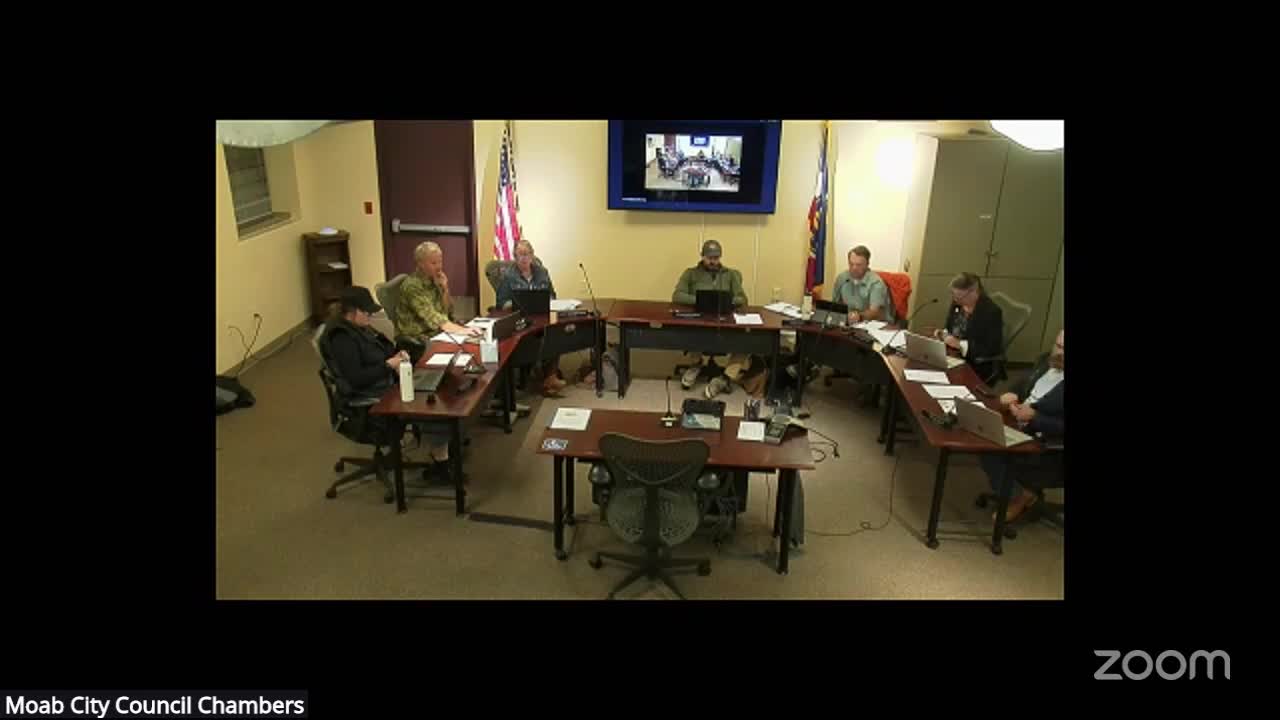Council tables Affordable Housing Partnership Policy after lengthy debate over waivers, loans and fund limits

Summary
Council discussed a draft Affordable Housing Partnership Policy that would allow the city to waive or finance impact fees for deed‑restricted housing projects, but tabled the resolution to allow staff to refine thresholds and prioritization rules.
City staff presented a draft Affordable Housing Partnership Policy and an impact‑fee assistance framework on Nov. 12 that would allow fee waivers, proportional fee reductions or no‑interest loans from the city’s housing fund to support deed‑restricted affordable housing projects.
Staff (Michael, with legal input from Nathan) said eligibility would require projects to be located in the city, deed‑restricted affordable for a minimum period (they discussed a 50‑year minimum, and referenced the Low‑Income Housing Tax Credit practice of 55‑year restrictions), and reserved for households at defined AMI levels. The draft proposed tools including full or partial fee waivers and no‑interest loans; staff recommended guardrails so the housing fund would not be depleted (for example, requiring twice the loan amount to be held in the fund as a buffer) and proposed contracts, deed restrictions and annual reviews.
Developers who spoke with staff asked for simplicity and predictability, preferring waivers for immediate cash‑flow impact but acknowledging that waivers deplete the fund while loans can revolve. Council members debated whether to require a scoring/prioritization framework, whether waivers should be limited to exceptional cases, appropriate loan terms (developers suggested multi‑year repayment windows), and whether the policy should tie thresholds to inflation or construction cost indices. Staff noted the housing fund balance is roughly $400,000 and that typical requests could be in the low‑to‑mid six figures; an example full waiver figure cited in the meeting was roughly $190,000 for a specific project.
After questions and suggested edits, Collin moved to table the resolution to allow staff to revise the draft (including clarifying dollar thresholds, timing and prioritization); the motion to table carried. Staff committed to return with a revised draft for the Dec. 9 meeting and to coordinate with developers and relevant stakeholders.

